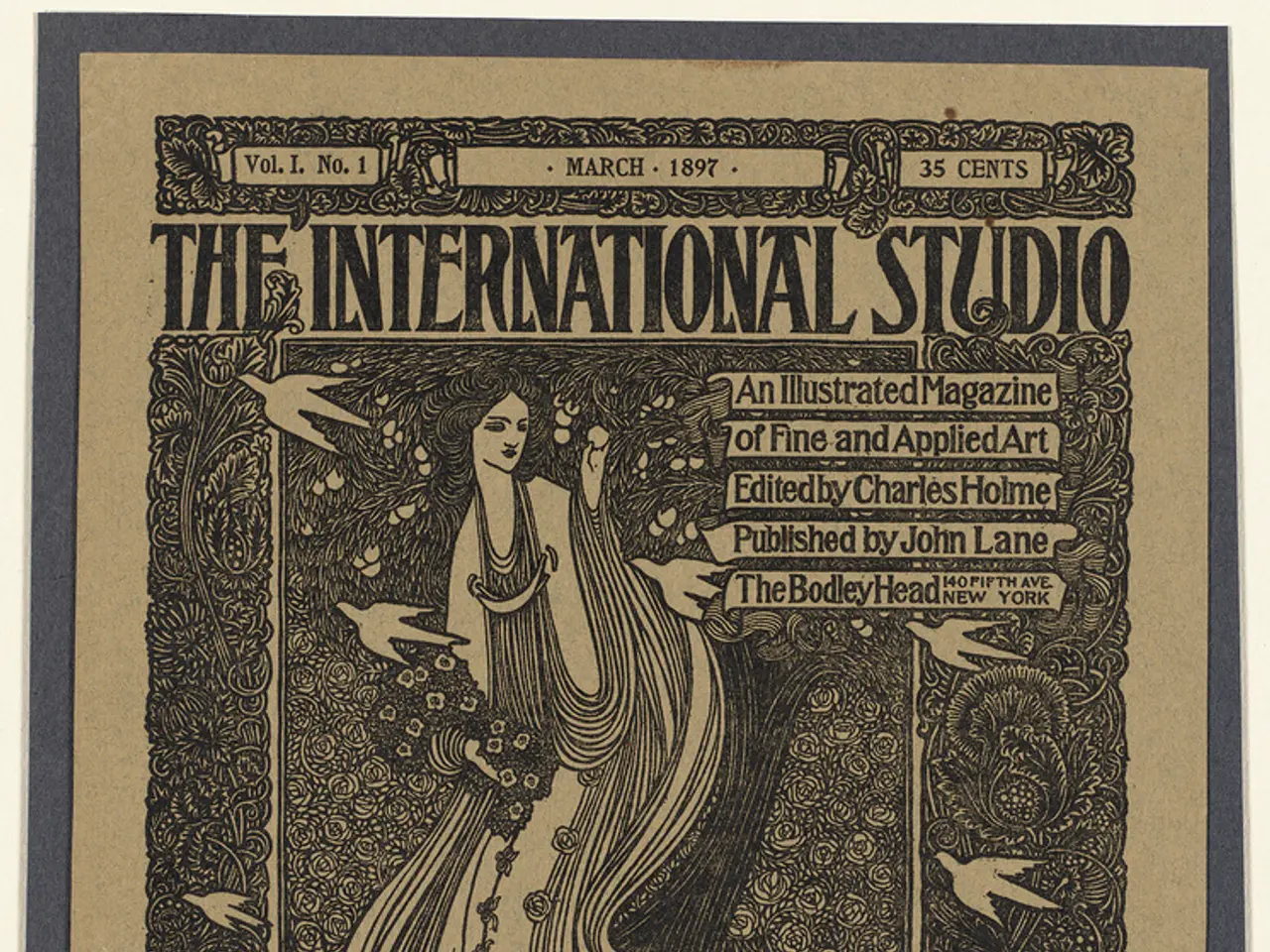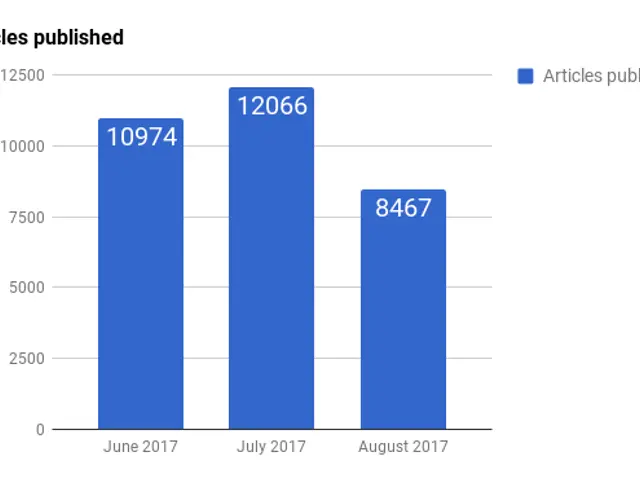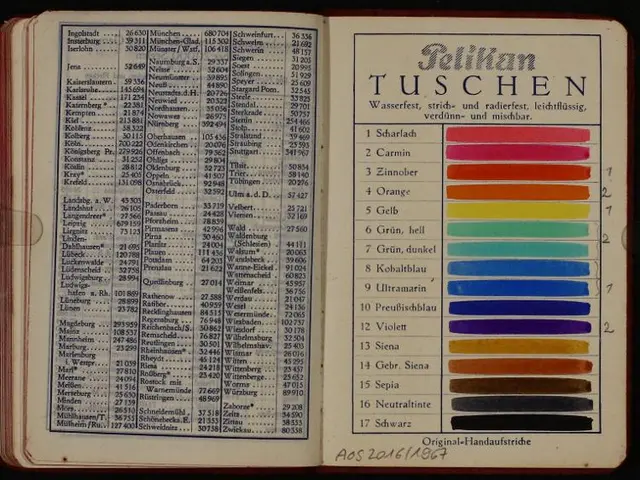History of Female Musicians on the Guzheng: China's Era of Female Instrumentalists
The Guzheng, a traditional Chinese musical instrument, has a rich history that spans centuries and continues to evolve in the modern world. Known for its symbolic representation of cultural heritage and female empowerment in China, the Guzheng's legacy is deeply rooted in Chinese literature and legends.
Throughout history, female virtuosos in Guzheng playing have been documented, with notable women like Peng Jingxuan, Cao Yuanyuan, and Wang Changyuan making significant contributions to the Guzheng's evolution. These women, who emerged during the Twentieth Century's revolution and rebirth in Guzheng musicianship, have left an indelible mark on the instrument's history.
Among them, Xiao Hong Vieweg, a Guzheng musician who emerged during this period of change, later became a significant innovator. Her groundbreaking work set the stage for the contemporary global presence of the Guzheng.
The social status of women and their educational patterns have significantly impacted the Guzheng's musical evolution. The Guzheng's association with gendered symbolism in Chinese legends and literature has played a role in shaping the instrument's traditional female association, which persists in modern interpretations and performances.
Gender dynamics in Guzheng education and performance have continued to evolve, reflecting societal changes. Changing societal attitudes have impacted the role of women in Guzheng education and social empowerment, with more women taking up the instrument and pushing boundaries in music composition and performance.
The Guzheng's history showcases a resilience and adaptability in the face of societal changes. Despite challenges, the instrument has remained a symbol of cultural heritage and female empowerment in China. Today, contemporary Guzheng innovators have a global presence, continuing to carry forward the rich tradition of the Guzheng while also pushing the boundaries of what is possible with this ancient instrument.
In conclusion, the Guzheng's legacy in Chinese literature and legends continues to influence its contemporary relevance. As the instrument continues to evolve, it serves as a testament to the resilience and adaptability of Chinese culture and the empowerment of women in music and society.







